Sports, a sleeping giant
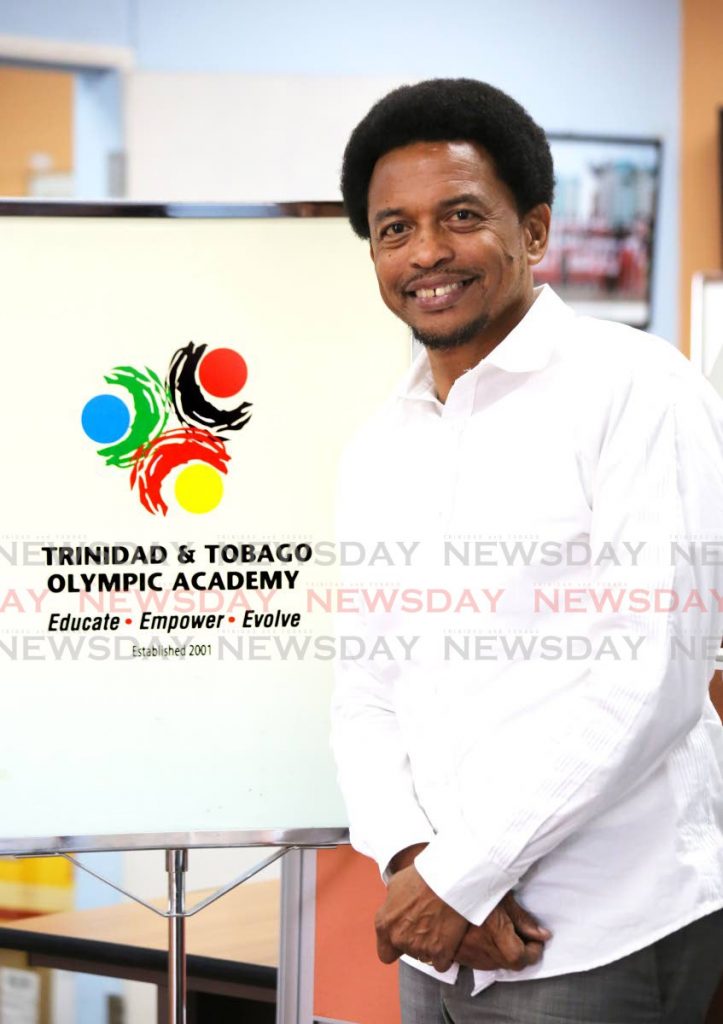
SPORTS in TT is a sleeping giant. It's an industry, Brian Lewis says, and the country can't continue looking at sports as just recreation or a hobby. Lewis is president of the TT Olympic Committee (TTOC) and this year, he's charged with ensuring that Team TTO shows up strong in Tokyo this summer.
The games are just about six months away. Preparation for the global meet is now in the final strides and Lewis explains getting a national team ready is years in the making.
"In terms of the Olympic cycle, you cannot wait until last minute, you have to be way in advance. We would have already started (putting) plans in place for 2024 and 2028. That is how we have to do it as a National Olympic Committee,” he told Business Day in an interview at his Port of Spain office last week.
Like all major sporting teams and national Olympic committees in the world, marketing is a key part of the operations at the TTOC.
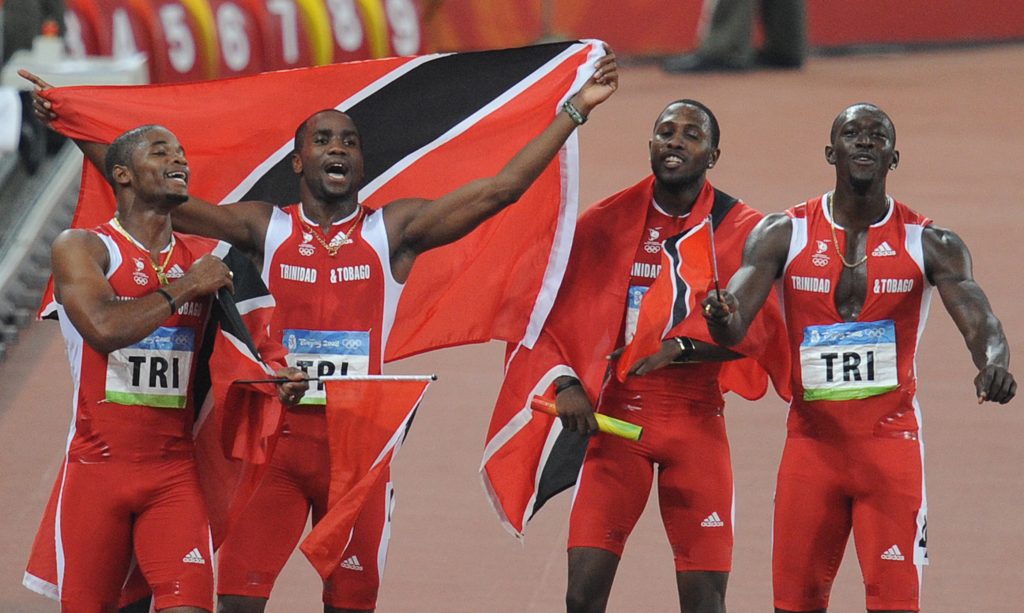
“We take a very business (like) approach to how we do things. We established a marketing department and that marketing department’s role is to do just like any marketing department in any corporate entity. Just like the marketing department in Manchester United, Real Madrid, Barcelona or the US Olympic Committee, we go to market. We do not wait for the market to come to us.”
The TTOC uses the annual TT International Marathon to gather support for national athletes preparing for the Olympics. “In the context of the 2020 Tokyo (Games) we would have had ongoing marketing initiatives from the marathon walk, which we started in 2015. It is going to be done again this year and we use that to raise funds, to energise corporate TT and the public in terms of pledges."
Every year, Lewis and a team of supporters walk the marathon from Freeport to Port of Spain to raise funds for the #10Golds24 (winning ten gold medals by the 2024 Olympics) Athlete Welfare and Preparation Fund.
Raising funds for the Olympic movement does not end there. In 2019, the TTOC, along with Bafasports, launched the virtual 5K that had two missions – encouraging people to live active lives while raising funds, with some going towards the Preparation Fund.
Lewis, now in his late 50s, said he is looking forward to the next edition of the TT International Marathon at the end of January.
"It's another year, it's an Olympic year, 2020. I have to admit every year, I guess maybe because I get a little older it gets a little harder, but you do it for the athletes and we will see how it goes this year... I am trying to prepare as best as I could. The marathon walk is a key awareness and fund-raising tool for the 10 golds by 2024 Athlete Welfare and Preparation Fund."
Certainly, every dollar that is raised is welcomed by the TTOC because taking a national team to the Olympics is expensive.
"It depends on the size of your team. For example, the (TT) training camp is costing $1.4 million.”
Lewis said over the four-year Olympic cycle it costs approximately $250,000 per year per athlete.
"Going for hardware (medals) is not cheap."
Other money-raising initiatives include selling Team TTO merchandise such as sweaters. "We take a very proactive, I would say even an aggressive approach to the business of the TTOC and Team TTO."
The TTOC is not dependent on the Government for financial support. "Our focus as an Olympic committee is on corporate TT and our fundraising initiatives. The TT Olympic Committee does not depend on the Government for its administrative and operating costs."
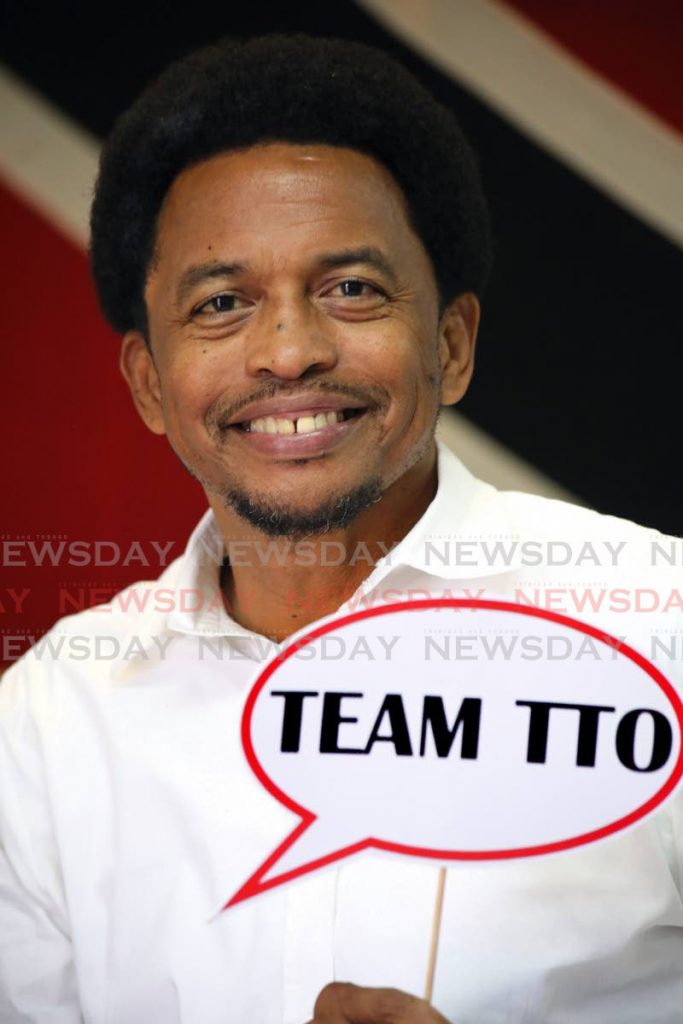
Lewis said the TTOC will request subventions from the Government when major meets are coming up. "We are very focused on financial sustainability and self-sufficiency."
Entrepreneurship is an avenue that TT needs to take more seriously, and sport should encourage people to develop those skills.
The TTOC president said sport can bring numerous rewards, but unfortunately sport is still considered a recreation by many in TT. Sport can be a one of the avenues for diversification.
"We need to recognise that there are other areas (such as sport) and given our innate passion for sport we are missing the boat."
Lewis said TTOC initiatives, such as the Sport Industry TT Conference, raise awareness that TT needs to look at ways of tapping into the global US$600 billion sport industry. At the conference, leaders in business, finance, sport and entrepreneurship discuss how TT can develop a sustainable and profitable entrepreneurial sport industry.
TT now has top sporting stadia that include the National Cycling Velodrome and the National Aquatic Centre in Couva. TT will also host the 2021 Commonwealth Youth Games. Lewis said the event will open doors for this country.
"That singular thing in 2021 could be so transformative. Somebody will look back 25 years (from now) and say, 'Wow, that Commonwealth Youth Games was what really exploded the whole thing.'
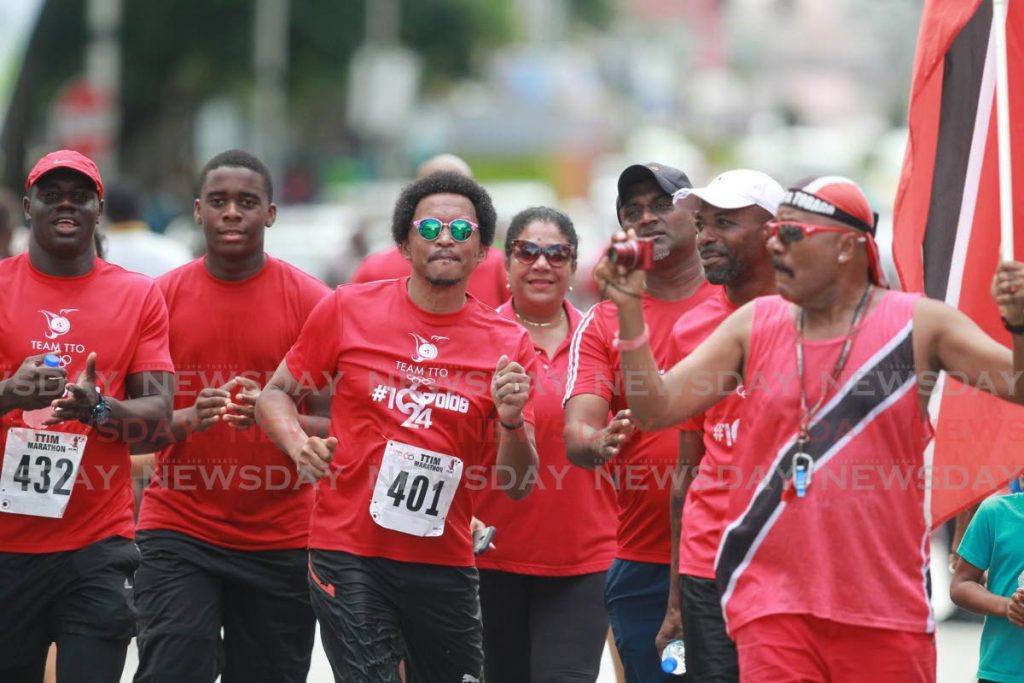
"There are so many opportunities and more importantly, when you have youth unemployment being an issue. There is the opportunity for employment and generating employment, generating foreign exchange because people coming in for these events. We (can) create sports medicine doctors, coaches, technical officials...we need to wake up. The sports industry in TT is a sleeping giant."
National sporting organisations (NSO), he said, need to provide an environment to encourage more participation.
“We need to add value to our clients. If I want you or anybody to play a sport, I need to make it interesting, make it safe, make it enjoyable, make it comfortable and make people want to do it,” Lewis said.
TT's Olympic glory in track and field
One of the leading NSOs in TT is the National Association of Athletics Administration (NAAA), which oversees the sport of track and field – the flagship of the Olympic contingent.
TT has won 19 medals in the history of the Olympics with track and field earning 15 – three gold, four silver and eight bronze.
This country also has one silver and two bronze medals in weightlifting and one bronze in swimming.
Despite being a fruitful sport for TT at the Olympics, sponsorship is often a challenge for track and field and being self sustainable is also an uphill battle, according to NAAA president Ephraim Serrette.
"It continues to be a challenge, because while we trying to be self sustainable the dependency is on sponsorship and less reliance on government subvention, but it continues to be difficult to attract sponsors."
Serrette said when TT returns with silverware from major meets then sponsors come forward. "They would come on board after the results, nobody is willing to invest and see something happen from the ground...we have been very fortunate to have had a long standing relationship with the National Gas Company."
Generally it is not easy encouraging local sponsors because some don't understand the value of sport. "Locally corporate TT (it) is very difficult to get them to come in to understand the business of sport, even at the government level, for me I think we don't understand the importance of sport, so the kind of money that is allocated for sport is insufficient based on the contribution that sport brings to the country."
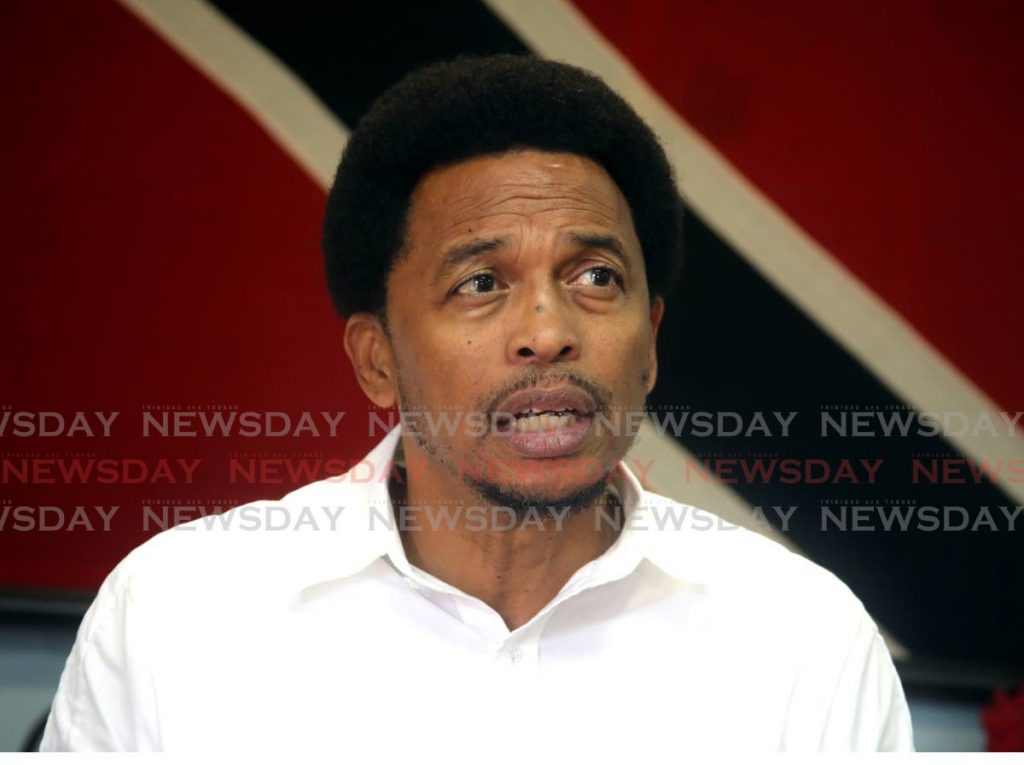
In terms of selling merchandise, Serrette says the public will not necessarily run to stores to buy TT apparel compared to buying T-shirts of top footballers in the world.
A TT track and field camp before the Olympics is costly and can amount to millions of dollars, so sponsorship remains cruicial to the association.
Serrette said TT athletes are based all over the world which proves troublesome. "It is very costly and it is also challenging because unlike places like Japan and some of these countries where they have their athletes home based...(for us) it is always a challenge to get them away from their coaching camp to put them in a preparation (camp) for Olympics."
"It could be roughly $1.5 to $2 million (for a two-week camp for track and field) and even leading up to that we will try to secure teams to go to participate at Penn Relays and those kind of events."
Serrette's position is understandable but change must come, said Lewis.
For 2020 and beyond, he is urging local sporting organisations to adapt to the changing environment.
“In the next decade, the sport industry must wake up (or risk becoming obsolete). A number of the sporting organisations may not be around. They will be insolvent and in significant trouble by the end of the next decade if they don’t wake up and become alive to this new environment that is market oriented, entrepreneurial and where the reliance on Government and taxpayers' funds (is not the primary source of income). The expectations that there is an entitlement and that corporate TT should support regardless, those days have ended. I would not say they are coming to an end. They have ended.”
TT HISTORY AT THE OLYMPICS (19 medals)
Track and Field - three gold, four silver, eight bronze
Weightlifting - one silver, two bronze
Swimming - one bronze
*Best Performance (2012 London Olympics - four medals)
Gold - Keshorn Walcott (men's javelin)
Silver - men's 4x100m relay
Bronze - Lalonde Gordon (men's 400m)
Bronze men's 4x400m relay

Comments
"Sports, a sleeping giant"